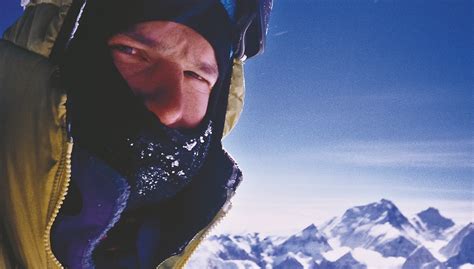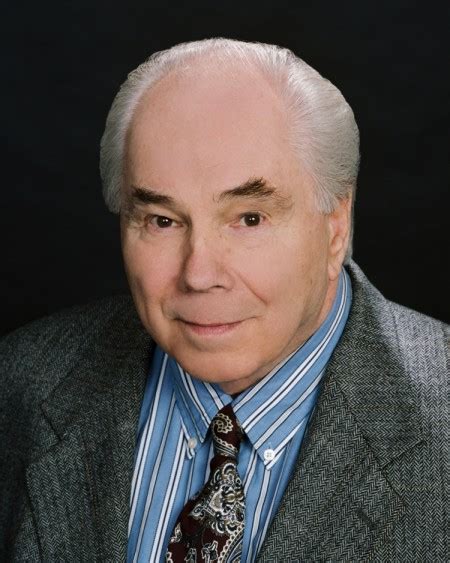A Quote by Dan Millman
If there is a central theme to what I called "a peaceful warrior's approach to living," and to The Four Purposes of Life, it is that there may be innumerable techniques or methods one can learn (from the Eastern spiritual cultures and from the Western psychological tradition), but that above and beyond all these technologies waits the school of everyday life.
Related Quotes
You haven't yet opened your heart fully, to life, to each moment. The peaceful warrior's way is not about invulnerability, but absolute vulnerability--to the world, to life, and to the Presence you felt. All along I've shown you by example that a warrior's life is not about imagined perfection or victory; it is about love. Love is a warrior's sword; wherever it cuts, it gives life, not death.
My parents were only one part of my lineage. I also met a number of mentors, one of whom I nicknamed "Socrates" after the ancient Greek, and wrote about in my first book, Way of the Peaceful Warrior. That book emerged in 1980, as a result of travels around the world and decades of preparation, eventually leading to 15 other books written over the years, culminating in my newest offering, The Four Purposes of Life.
African tradition deals with life as an experience to be lived. In many respects, it is much like the Eastern philosophies in that we see ourselves as a part of a life force; we are joined, for instance, to the air, to the earth. We are part of the whole-life process. We live in accordance with, in a kind of correspondence with the rest of the world as a whole. And therefore living becomes an experience, rather than a problem, no matter how bad or how painful it may be.
Historically, many of the great names in alpine climbing seemed to have just gone climbing as training. In fact, the model alpinist has often portrayed himself in literature as a half-crazed nonconformist, living life on the edge every moment he's sober enough to climb. It is true that amazing feats of skill and daring have been accomplished using this rather random approach. For some climbers that "life on the edge" approach may be the only way they can accomplish these feats, but there are far better methods to prepare for the challenges of alpine climbing.
In the history of humanity there are no civilizations or cultures which fail to manifest, in one or a thousand ways, this need for an absolute that is called heaven, freedom, a miracle, a lost paradise to be regained, peace, the going beyond History... There is no religion in which everyday life is not considered a prison; there is no philosophy or ideology that does not think that we live in alienation.... Humanity has always had a nostalgia for the freedom that is only beauty, that is only real; life, plenitude, light.
Overall the theme is about never giving in... not letting anyone tell you what to do or take anything away from you. Always being yourself, whatever that may be. The content obviously takes a darker and romantic approach to relationships about love and loss, as well as overcoming adversity in everyday life. Generally, just being tough and standing up for what you believe.
I do not feel that the West has really become less condescending toward foreign cultures than the Greeks and Romans were: it has only become more tolerant. Mind you, not toward Islam—only toward certain other Eastern cultures, which offer some sort of spiritual attraction to the spirit-hungry West and are, at the same time, too distant from the Western world-view to constitute any real challenge to its values.
The spiritual traditions of all the religions have certain similarities that are unmistakable. They share many of the same basic practices like sacred reading, spiritual guidance, moderation in eating, drinking and sexual expression, and above all, trying to be aware of the presence of God in other people and in everyday life.
It is not coincidental that for so-called religious fundamentalists - whether they are Western or Eastern, Muslim or Christian - rigid male dominance and "holy wars" are priorities. Or that competing sects of the same religion, such as Sunni and Shia, are at each other's throats. In these cultures, women are rigidly controlled by men.































